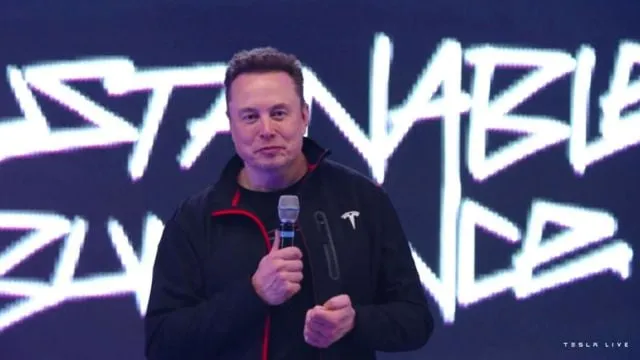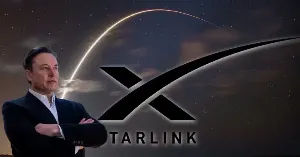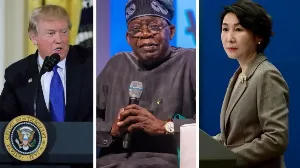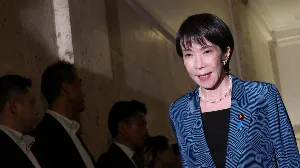Elon Musk's Record Pay Package Approved by Tesla Shareholders

Elon Musk has secured a historic pay package that could make him the world's first trillionaire, following overwhelming support from Tesla shareholders at the company’s recent annual general meeting. More than 75% of shareholders voted in favour of the proposal, which links Musk's compensation directly to Tesla's performance over the next decade. If successful, Musk could receive stock valued at up to $1 trillion, contingent on achieving a series of ambitious targets.
The ambitious compensation structure is tied to several key performance metrics, including increasing Tesla’s market valuation from approximately $1.5 trillion to $8.5 trillion. Musk’s stock incentives will also depend on the company achieving the delivery of 20 million vehicles, deploying one million robotaxis, and selling one million humanoid robots.
At the meeting, Musk presented a bold vision for Tesla's future, highlighting plans for the production of a two-seater, steering-less robotaxi named Cybercab, set to commence in April. He also hinted at a potential partnership with Intel for manufacturing artificial intelligence chips to enhance Tesla’s self-driving capabilities. "You know, maybe we’ll, we’ll do something with Intel," Musk remarked, which drew cheers from the audience.
Despite the optimism surrounding Musk's vision, Tesla faces significant challenges as its electric vehicle segment experiences a slowdown. The company’s market share is dwindling, particularly in Europe, where sales fell sharply in October. In China, Tesla reported a 9.9% decline in sales of vehicles made in the country, signalling potential difficulties in a crucial overseas market. Analysts believe that the lack of new model launches has made Tesla vulnerable to competition from both established automakers and aggressive Chinese manufacturers.
Tom Libby, an analyst with S&P Global Mobility, remarked on Tesla's declining market performance, stating, "The data show that Tesla is like any other brand. Over the long term, there’s going to have to be some major product actions or the brand will keep going down." Tesla's sales continue to heavily rely on its 2017 breakthrough models, the Model 3 and Model Y, while the much-anticipated Cybertruck has not yet met expectations.
Musk's political controversies since his acquisition of Twitter, now branded as X, have also complicated Tesla’s brand image. Research from Yale University indicates that Tesla's U.S. sales could have been significantly higher if not for what the study describes as the "Musk partisan effect," which has reportedly deterred some buyers.
In light of these challenges, Musk is redirecting Tesla’s focus towards self-driving technology and humanoid robots, claiming that the Optimus robot could become “the biggest product of all time.” He is also optimistic about the regulatory approval of Tesla's Full Self-Driving software in key markets. However, the company reported a 37% drop in quarterly profit, raising concerns about its dependency on car sales and the profitability of its new ventures.
As Tesla recalibrates its strategy, competitors are rapidly advancing. For instance, Chinese manufacturer BYD has released numerous models within a short time frame, significantly outpacing Tesla's product launches. While Musk's ambitious plans may promise future growth, analysts suggest that a track record of past successes cannot guarantee Tesla's future performance. Investors will now look to see if Musk can deliver on his bold promises, as the stakes for Tesla and Musk's record pay package have never been higher.

Maharashtra Partners with Starlink for Satellite Internet Services

China Supports Nigeria Amid US Threats over Alleged Religious Violence

AI Innovation Assists Couple in Conceiving After 19-Year Struggle

Jonathan Bailey Becomes First Openly Gay 'Sexiest Man Alive'





